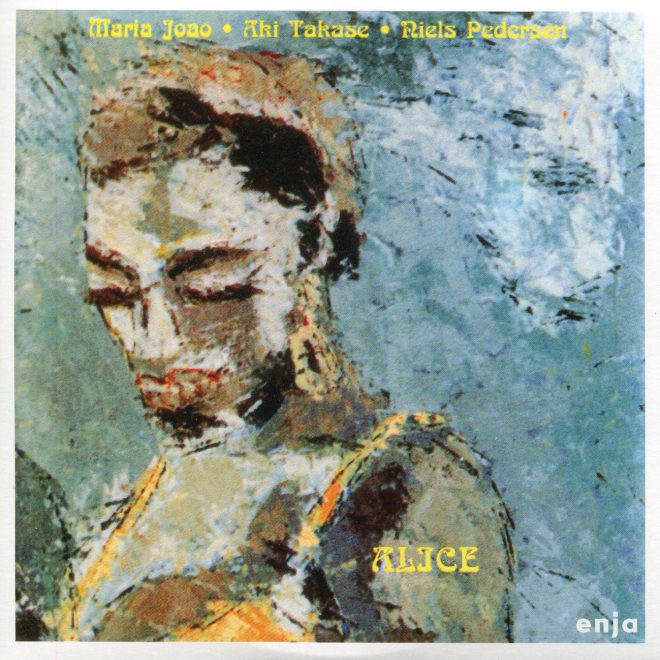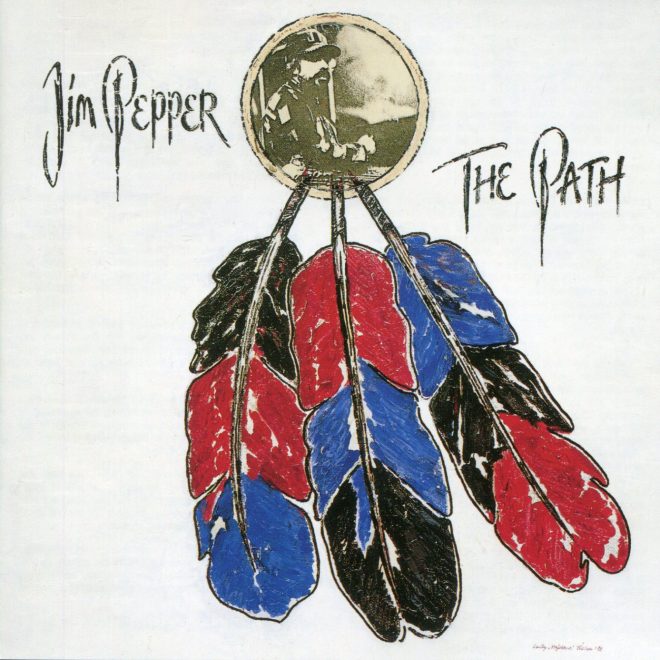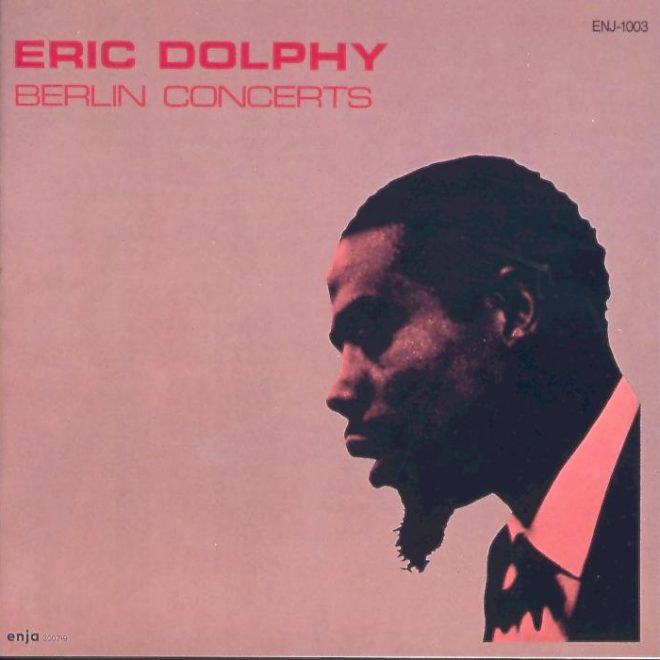Beschreibung
Quietly flowing, eternal stream of life
The South African pianist Abdullah Ibrahim’s Solo Concert, recorded in his new homeland of
Bavaria.
The resultant CD “Dream Time” choreographs this subtly stirring recital as a timelessly beautiful
self portrait of the artist.
Calm, yet exuding a gripping power. In prelude, soft tones gently reveal the initial melodic
content. Motifs emerge in echo, making way for a complete melodic statement refined through
minute, unexpected details. The gathering stream flows directly into a single, liberating chord. A
second melody follows suit, at once melancholic, morphing to bright lyricism, also settling on an
open chord. Yet not an end, but a transition…Abdullah Ibrahim is a master of transition. Born
October 9th, 1934 in Cape Town, South Africa-the iconic pianist soon celebrates 85 years on
the planet. A pianist, whom at 85 continues to exhibit a long winded perseverance in
performance. In the course of an hour’s time, an uninterrupted flow of melody-tonal beauty of a
strong spiritual nature.This music towers far above the mere sum of it’s notes.
Listening to the man in concert is like eavesdropping on his life story. Threads are laid out,
some to be revisited, others not…as quietly, almost unconsciously, the lattice entwines the
audience, revealing fascinating moments of a life well lived. Moments unhurried, flowing slow
and steady-sometimes stopping time itself. Such a modus operandi allows for an uncommon
intimacy and a veritable archaic freedom from the hecticism of our times.Those who might
immerse themselves in Abdullah Ibrahim’s music, will encounter an unfiltered tenderness of
immense rarity.
-1-
This recording took place in March, 2019- a Sunday afternoon, in the spacious performance hall
of the Hirzinger Restaurant in the quaint Bavarian hamlet of Sollhüben. This venue, in the
Chiemgau region, has become Abdullah Ibrahim’s preferred concert stage-as the Chiemgau has
also become a new home for him and his partner. The room, it’s ceiling revealing exposed
wooden beams, exudes a mix of secrecy and welcome which has proved simpatico for the
pianist. Accordingly, the late afternoon’s hour long musical narrative enjoys a certain organic
congeniality.
The music struts forward without pause-is this a medley? A mix of many themes would be, in
any other hands, exactly that. In Abdullah Ibrahim’s case, this description might adhere in a
technical sense, yet completely misses the essence of his offering. A medley, in it’s true form,
seeks to satisfy diverse requests- squeezing in as many familiar melodies as possible, so as not
to disappoint the mass audience. In this artist’s case, his melodies will not function as “ ear
candy”, rather as pieces of a unique musical identity. They won’t melt in your mouth, instead
gently slipping under your skin, destined to remain.These numerous, meticulously intimate
melodic threads,charting nearly seven decades of professional endeavor, won’t satisfy as a
quick-fix- their full effect only gradually spun. Here, the listener will not be slammed with
rhetorik-rather guided through a lengthy
unobtrusive sequence of musical gestures. These are gestures of understanding, striving for a
humanitarian symbiosis.
Much of what occurs here echoes previous recordings in the artist’s discography. As an
exception, “Mannenburg” -once an anthem of the Anti-Apartheid movement- stands out in it’s
absence. “Blues for a Hip King” which carries a similar iconic importance in South African music,
adds to it’s presence serving as the centerpiece of the recording. Shortly before Abdullah
revisits “District Six”, a work brimming in the supressive drama of a particularly evil racist
operation: the violent evacuation of a multi-ethnic neighborhood in favor of a whites-only
gentrification. Ibrahim fled his homeland in 1962, returning in 1990. Legendary, his performance
at Nelson Mandela’s 1994 inauguration as South Africa’s first black president.
-2-
The motifs summon echoes of Ibrahim’s homeland, not as banal decoration, rather as proud
sonic declaration of his impressive life story. Alone through their stubbornly original tone, they
hold a singular importance in global jazz history. As the recital continues, Abdullah revisits some
of his most eloquent African themes: the magical “ Whoza Mtwana” or the equally captivating
“Sotho Blue”. The multi stranded mosaic, it’s inner filaments mapped through numerous reprise
of the theme “ Blue Bolero”, now proffers compositions like “ For Coltrane” or a heartfelt homage
to Duke Ellington, who mentored Ibrahim-introducing him to an international audience.
Eclectic viewpoints, yet the flow remains unbroken. The Afro-American music which provided
early inspiration to the pianist then known as Dollar Brand, merges naturally with the celebratory
hymn-like themes which became African hits. For Abdullah, it’s all one entity. As he weaves his
musical magic, breathing slow and deeply-past embraces present. The notes, better said their
SOUL, deliver a message of timelessness. It’s indeed a major stroke of luck that this concert
was captured for prosperity. The intimate venue (seating 350) lies in Abdullah Ibrahim’s new
found home:never to replace, but to complement the homeland. One might succumb to the
gripping effect as the last tonal strands of memory merge, bowing to a life well lived. Those who
indulge will join the stream- the sounds and their profound message forever under the skin.
–Roland Spiegel




